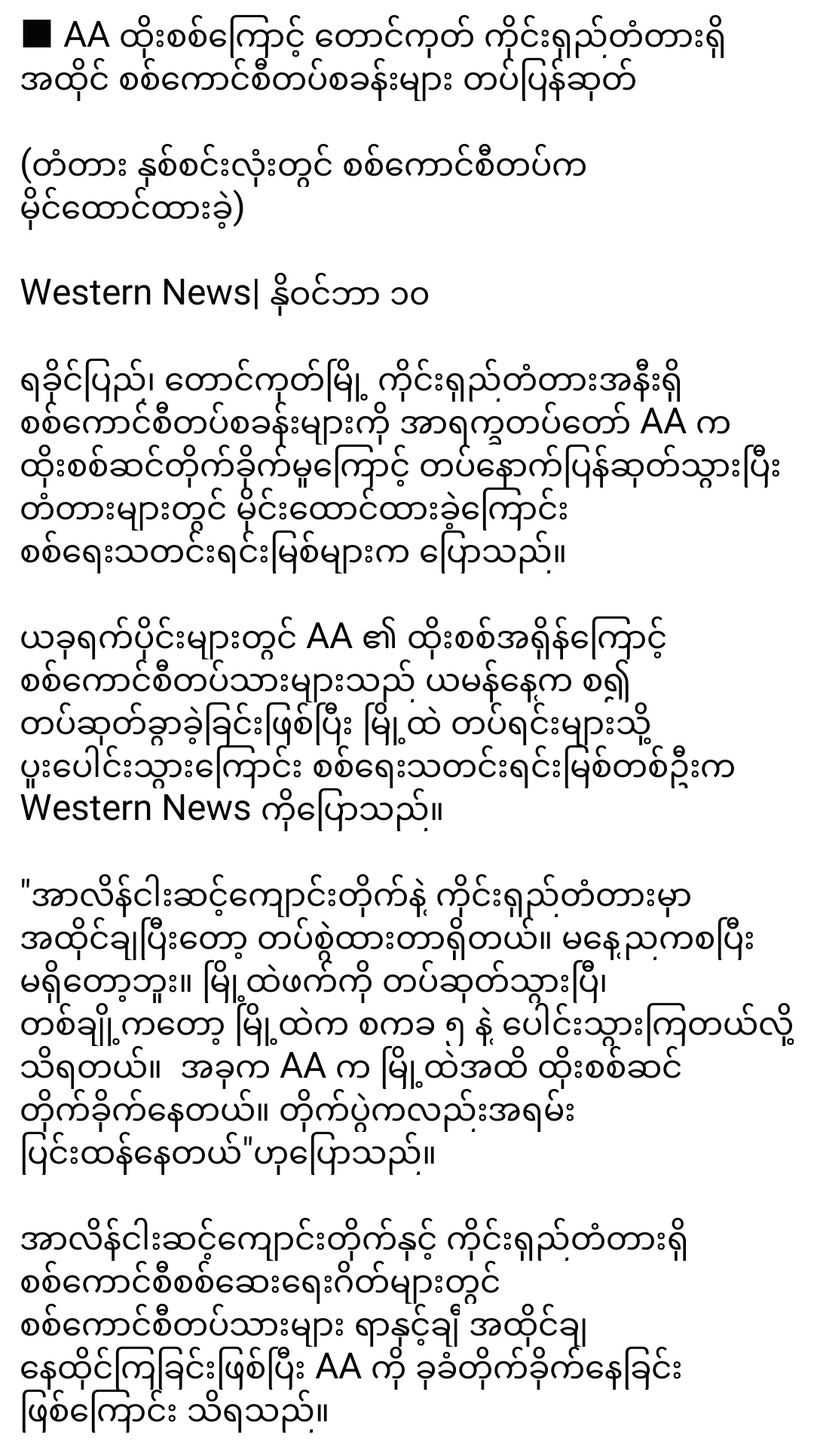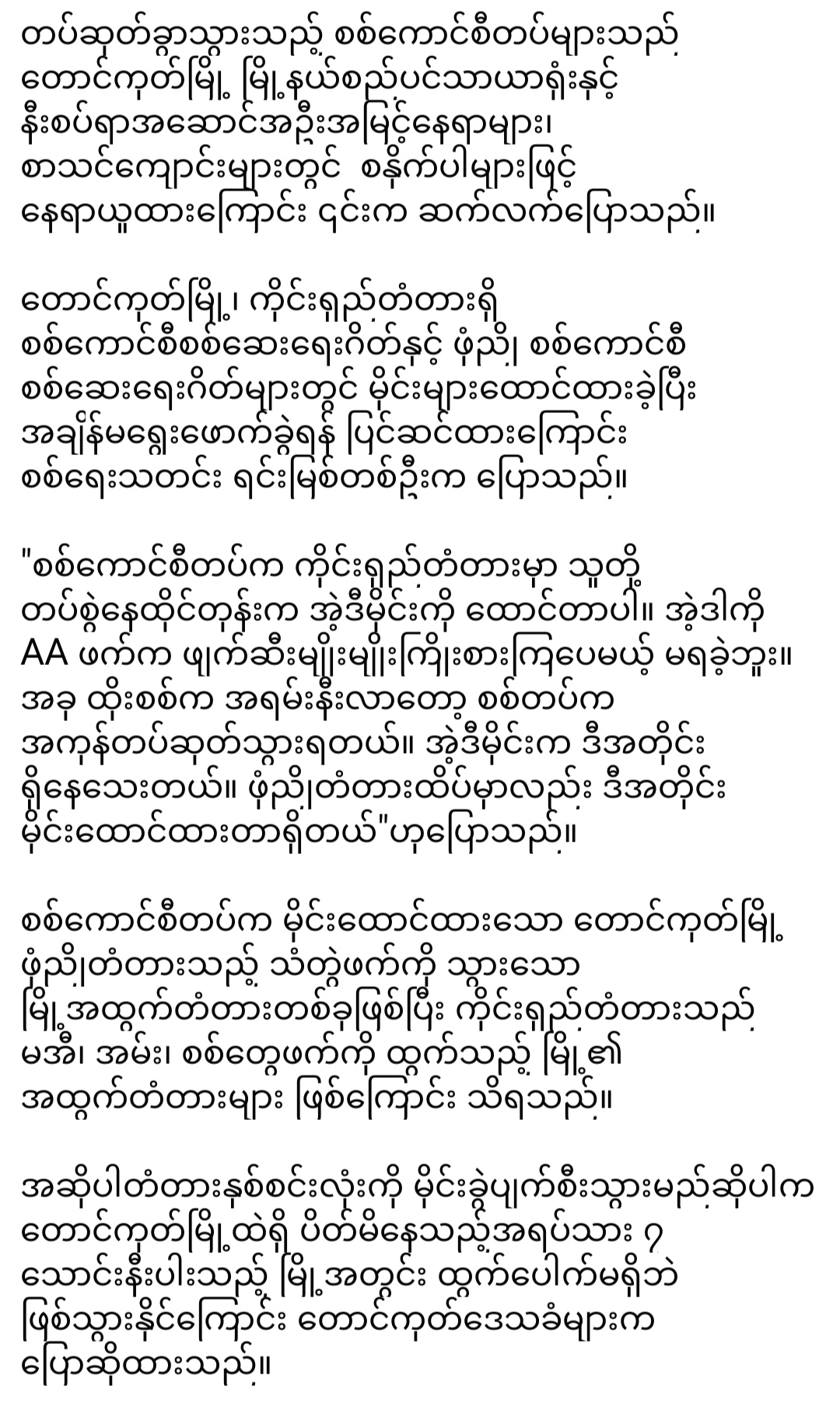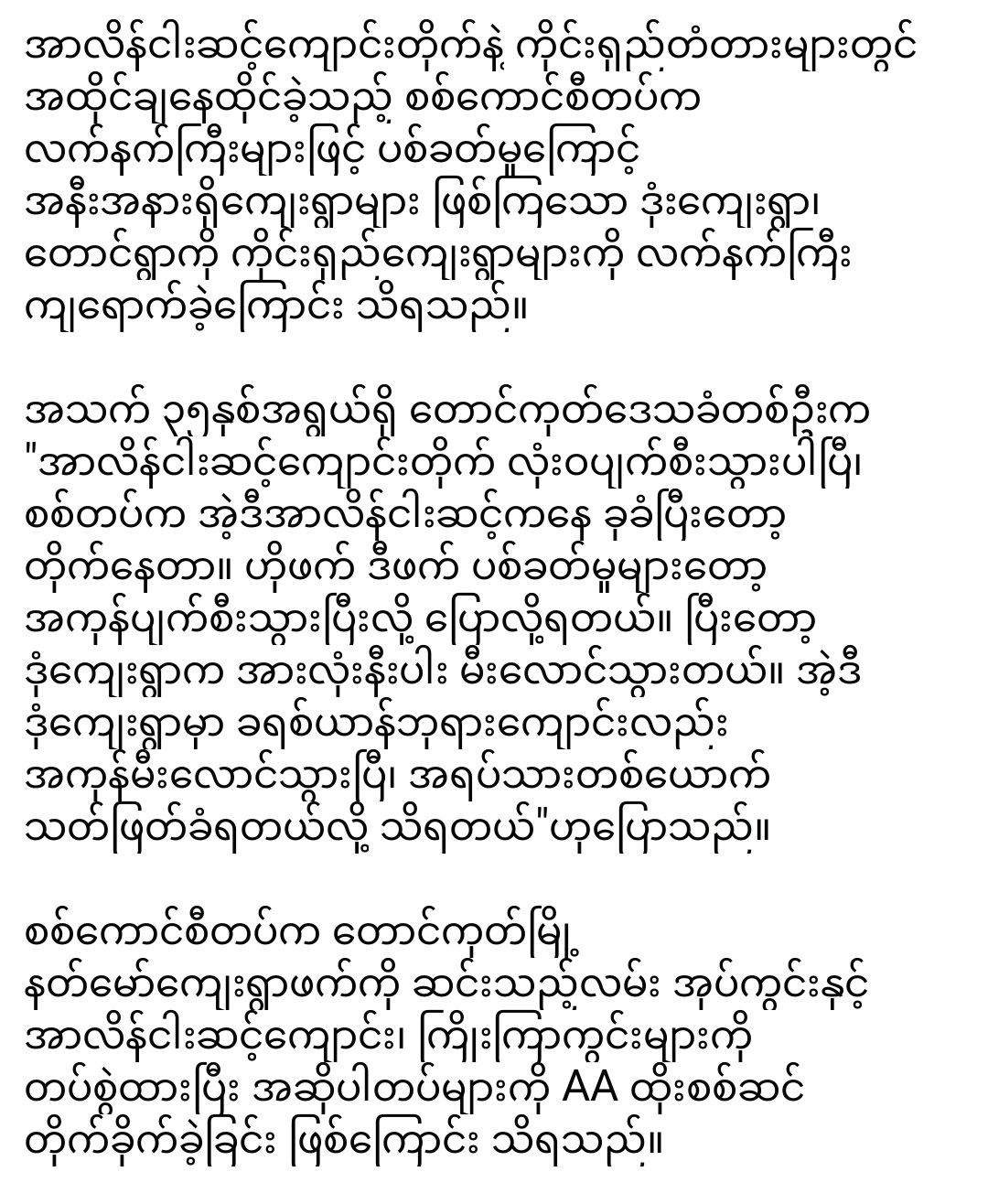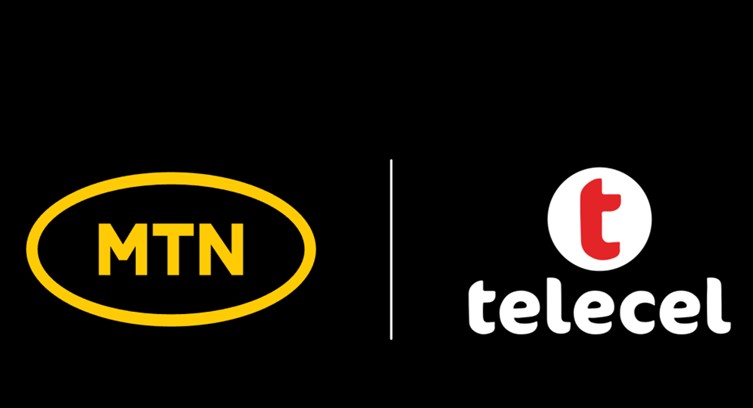
Telecommunication companies in Guinea Bissau
Guinea-Bissau, a small West African nation, has a growing telecommunication industry that plays a crucial role in the country’s connectivity and economic development. Although the telecommunications sector is still emerging, the primary players in Guinea-Bissau include mobile network operators, internet service providers, and government agencies that work together to improve infrastructure and service availability. Here’s a deeper look into the telecommunication companies operating in Guinea-Bissau, the industry landscape, and its challenges.
1. Primary Mobile Network Operators
The two main mobile network operators in Guinea-Bissau are Orange Bissau and MTN Bissau. Both of these operators are part of larger, multinational telecommunications corporations that provide services across Africa and beyond.
Orange Bissau: Part of the global Orange Group, Orange Bissau is one of the leading mobile service providers in the country. Orange has established itself in the Guinean market by offering affordable mobile services, including voice, SMS, and mobile internet services. They aim to increase connectivity by making mobile phones and internet services accessible even in remote areas.
MTN Bissau: MTN, a South African telecommunications giant, operates MTN Bissau, providing similar services to Orange. MTN Bissau emphasizes reliable network coverage and competitive pricing, which helps attract a wide customer base. They offer GSM-based services, mobile data, and internet packages, contributing significantly to mobile penetration rates across Guinea-Bissau.
2. Internet Service Providers (ISPs)
Guinea-Bissau has limited options when it comes to standalone internet service providers (ISPs), as most citizens access the internet through mobile data. However, some ISPs offer fixed internet solutions, typically used by businesses and government offices due to their higher cost. MTN Bissau and Orange Bissau also act as the primary ISPs, offering mobile broadband to individual users.
Broadband Internet: Internet connectivity is gradually expanding, with urban centers having greater internet access than rural regions. Companies such as Orange provide fixed broadband options, primarily aimed at business and government clients who require stable internet for operations. The expansion of broadband services is key to the country’s digital future.
Satellite Internet Providers: Due to limited infrastructure, some international satellite internet providers offer services in Guinea-Bissau. These providers support remote areas where mobile network coverage is insufficient, although the high costs restrict widespread use.
3. Regulatory Environment and Governmental Role
The telecommunications industry in Guinea-Bissau is overseen by the government, particularly through the Ministry of Transport and Communications and other regulatory bodies. These entities set policies and regulations to ensure fair competition and manage issues like spectrum allocation and licensing. Government authorities in Guinea-Bissau work to attract foreign investment to develop telecommunication infrastructure and are engaged in regional projects aimed at improving connectivity across West Africa.
Efforts are underway to expand network infrastructure with the help of international funding. For instance, international development organizations and regional alliances are often involved in financing projects that improve telecommunication services, focusing on rural connectivity and technological upgrades.
4. Challenges Facing the Telecommunication Sector
Guinea-Bissau’s telecommunications sector faces numerous challenges, including limited infrastructure, high operational costs, and a lack of consistent electricity in some areas. Political instability has also slowed investment in the industry, and rural connectivity remains a major issue due to the country’s geography and scattered population.
Electricity Supply: Limited access to reliable electricity affects network operation, particularly in rural areas. Telecommunication towers often rely on generators, leading to higher operational costs for mobile network operators.
High Costs: For end-users, data and voice services can be relatively expensive compared to average income levels. While companies like Orange and MTN have introduced affordable plans, many Guineans still struggle to afford regular access to mobile and internet services.
Internet Penetration: Although mobile phone use is on the rise, internet penetration remains low. High data costs and limited infrastructure in remote areas hamper efforts to increase digital access. The government and private sector are working to expand internet access, but progress has been slow.
5. Opportunities and Future Outlook
The telecommunications sector in Guinea-Bissau holds potential for growth, with increased mobile penetration and digital transformation efforts. Foreign investment, government initiatives, and regional collaborations can accelerate the development of telecommunication infrastructure. Additionally, expanding mobile money and e-commerce services would support economic inclusion and benefit the country’s underserved rural population.
As mobile technology and internet services improve, Guinea-Bissau’s telecommunication sector has the opportunity to become a driver of economic growth, social inclusion, and digital access. However, achieving these goals will require ongoing investment, stable regulatory frameworks, and innovative solutions to overcome the sector’s challenges. With continued efforts from the government and private sector, the telecommunications landscape in Guinea-Bissau is expected to progress steadily in the coming years.






Leave a Reply